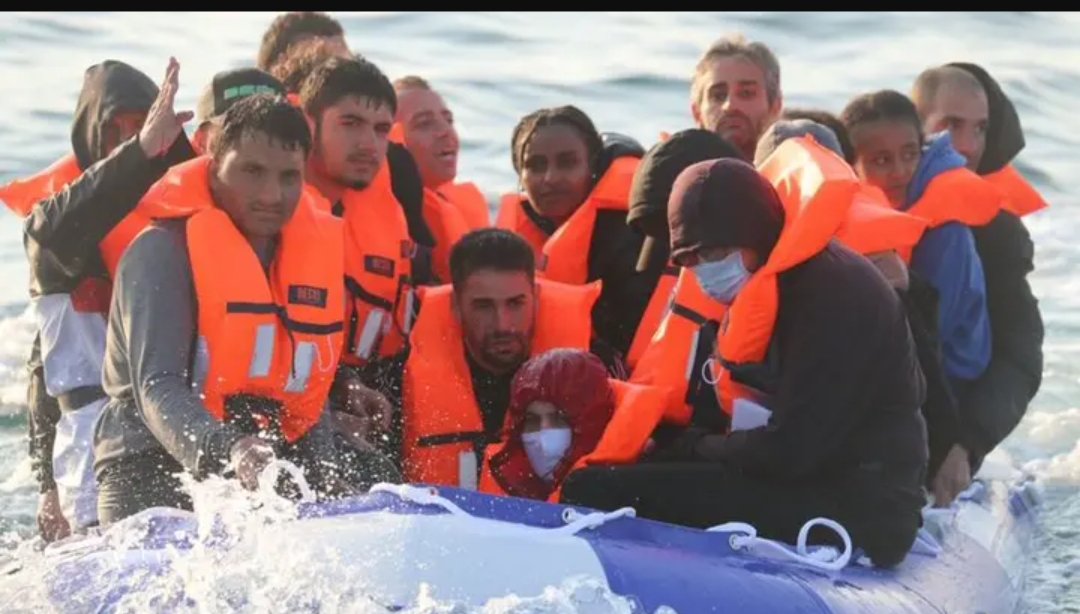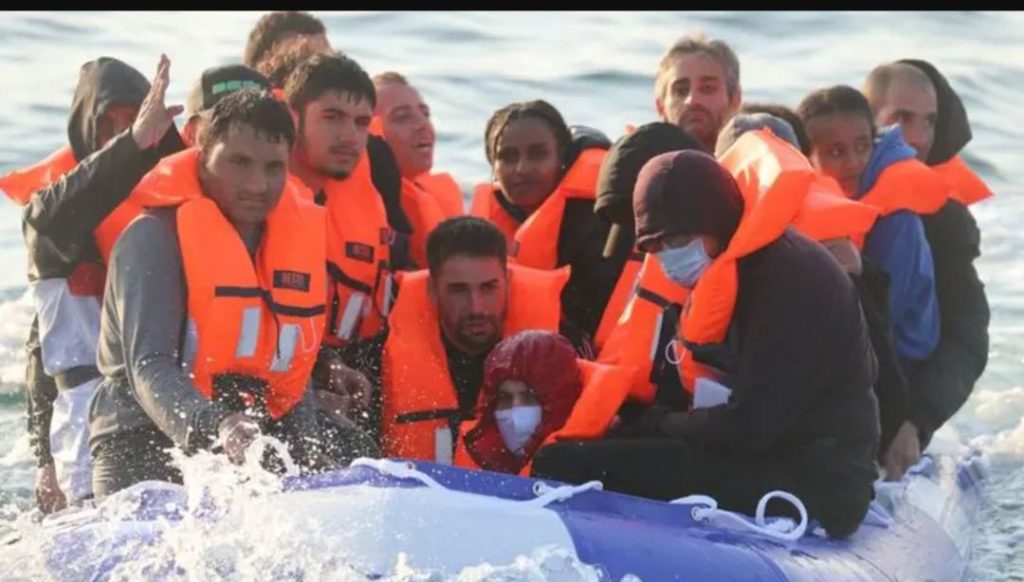
On the morning of Wednesday, January 17, 2024, as the United Kingdom grappled with the divisive ‘Stop the Boats’ policy, GB News exclusively reported that five small migrant boats successfully crossed the perilous English Channel. This development unfolded as Prime Minister Rishi Sunak faced yet another critical vote on his controversial policy, as reported by GB News.

The fourth and fifth boats undertook their risky journey amid deteriorating weather conditions, a move condemned by maritime security sources as “crazily stupid.” The audacious act of people smugglers, despite the challenges posed by the weather, underscores the desperation of those seeking refuge across the Channel.
Provisional figures from GB News estimate that approximately 200 individuals have successfully made the perilous journey so far. Each boat carried the hopes and dreams of individuals seeking asylum and a chance at a better life in the UK.
As the news broke, the country found itself in the midst of a developing story that intensified with every passing moment. With four boats having successfully crossed, one vessel remained in transit, and its fate hung in the balance. Later in the day, it would make landfall on UK shores, adding another chapter to the ongoing saga.
The ‘Stop the Boats’ policy, championed by the Prime Minister, aimed to curb the increasing number of migrants attempting the perilous journey across the English Channel. The divisive policy had already faced vehement opposition, both domestically and internationally, with critics arguing that it undermined humanitarian values and the UK’s obligations to those seeking refuge.
The fact that five small boats successfully evaded the policy’s deterrent measures not only highlighted the resilience of those desperate to reach the UK but also raised questions about the effectiveness of the government’s approach. Maritime security sources, quick to condemn the actions of people smugglers, questioned the sustainability of such perilous journeys, emphasizing the dangers posed by deteriorating weather conditions.
The evolving situation demanded a comprehensive response from the government, both in terms of immediate action and a reevaluation of existing policies. The crossing of these small boats marked a critical moment in the ongoing migrant crisis, emphasizing the need for a holistic and compassionate approach to address the root causes and consequences of mass migration.
As the Prime Minister faced another crucial vote on the ‘Stop the Boats’ policy, the incident underscored the complex challenges inherent in managing migration. Striking a balance between border control measures and upholding humanitarian principles remained a daunting task.
The small boats crossing the English Channel on that fateful day became emblematic of the larger issues surrounding migration policies, prompting a reexamination of the UK’s stance on asylum seekers. The unfolding drama served as a stark reminder that behind the statistics and policy debates were real individuals, driven by desperation and hope for a better future.




